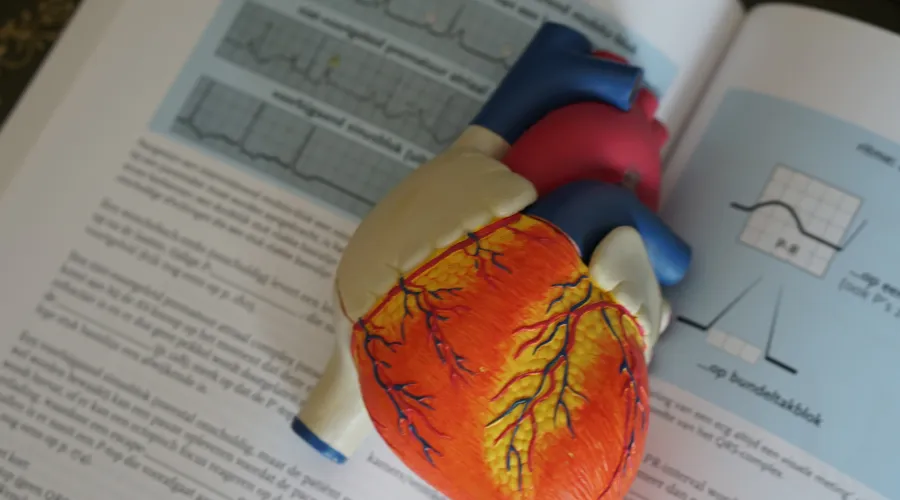
Interventional Cardiology Fellowship
The University of Kentucky offers a one-year program of learning and practical experience in catheterization and cardiovascular interventions (interventional cardiology). Our mission is to prepare future leaders, investigators, educators and outstanding practitioners who will be able to advance the field, while delivering the highest possible quality of patient care.
While we recognize a diversity of career paths within the subspecialty, the cornerstone of our program is the pursuit of excellence in teaching, research, and patient care. We achieve our mission through a combination of closely supervised individual mentoring and didactic teaching.
The program is set in a very rich clinical experience that provides increasing autonomy as technical skills are mastered and learning objectives are met. A competency-based teaching philosophy enables our program to continuously evolve as new knowledge and new technologies are incorporated into the subspecialty. In this model, the mix of learning objectives and the teaching methods employed are continuously modified to maximize educational outcomes.
The curriculum is a one-year block of uninterrupted clinical experience. It is allocated to meet all of the ACGME and eligibility requirements of the ABIM for board certification in interventional cardiology. The training takes place in both the Gill Heart Institute and the affiliated Lexington VA medical center (VAMC). The rotations include performing procedures and care for patients before and after procedures. During rotations in either hospital, other educational activities continue uninterrupted. These include the continuity outpatient clinic (one half day a week), didactic lectures, educational conferences, grand rounds, journal clubs, and more.